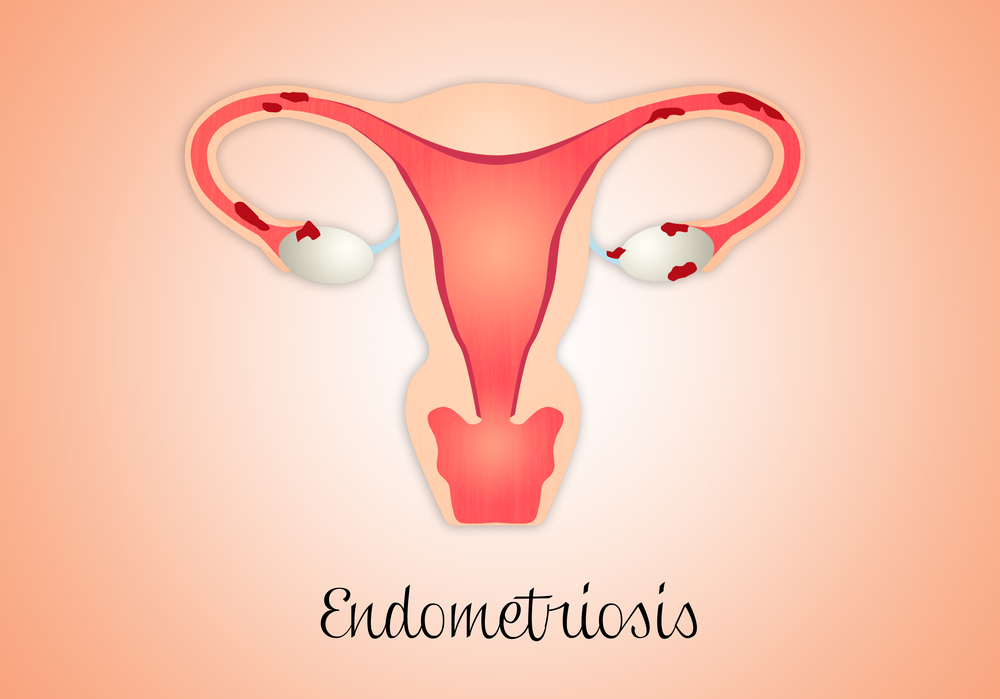In a recent meta-analysis published in the Journal of BMJ Open, a team of researchers from the Department of Clinical Sciences and Community Health at University of Milan in Italy failed to identify an association between tobacco smoking and endometriosis. However, as the authors indicate, further studies are needed to evaluate in depth the relationship and potential effect of smoking on different types of endometriosis.
Endometriosis is an estrogen-dependent, chronic inflammatory gynecological condition characterized by the proliferation of functional endometrial tissue that develops outside the uterine cavity, which may cause pain and infertility. However, risk factors for this condition remain largely unknown. Among the risk factors investigated, some studies have examined the role of tobacco smoking with results showing that current smokers had a decreased risk of endometriosis as compared to non-smokers or former smokers, while other studies have found contrasting results.
A clear definition of the relation between smoking and endometriosis risk is required in order to better understand the role of estrogen and the potential antioestrogenic effect of smoking. Otherwise, in clinical terms, a direct association as reported in some studies may suggest preventive measures.
In order to investigate the possible relationship between tobacco smoking and endometriosis, and to provide an overall quantitative estimate of any such relation, in their review titled “Tobacco smoking and risk of endometriosis: a systematic review and meta-analysis,” the research team led by Francesca Bravi combined all published data on the issue of smoking and endometriosis in a meta-analysis. Using PubMed and MEDLINE, the researchers retrieved 38 of the 1758 screened papers.
Results showed that there was no evidence for an association between tobacco smoking and the risk of endometriosis, even when the analyses considered ever, former, current, moderate and heavy smokers, and across type of endometriosis and study design.
Based on these results, the authors mentioned that despite its high prevalence, the epidemiology of endometriosis still needs to be elucidated, as the condition is a complex one in which a genetic contribution and environmental factors seem to be involved.

